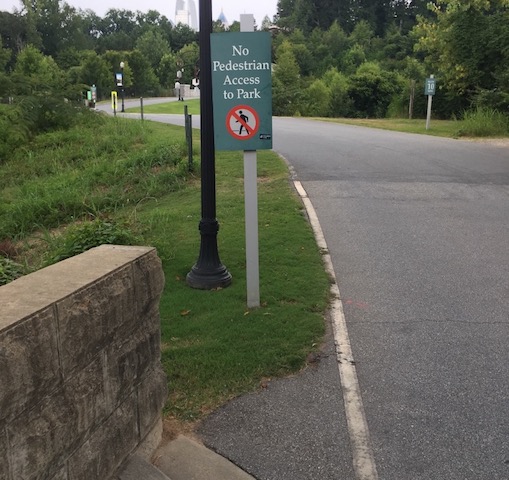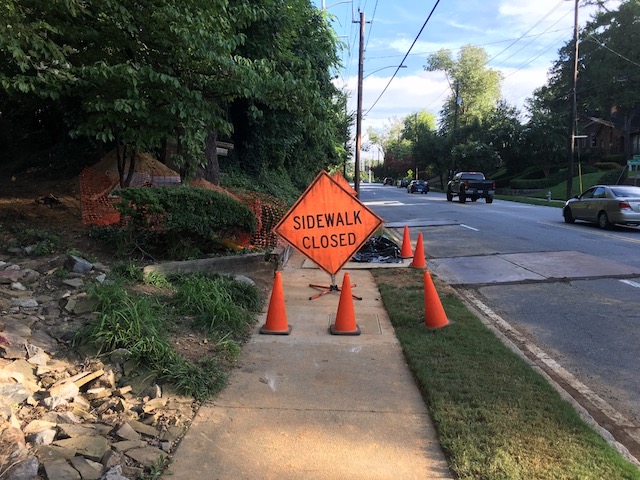
Actual programmers doing actual programming
I’ve been wondering for a while when software development would mature past artisanship. I think that we’re peeking over the wall of that transition now. Formal methods development has existed since the beginning and it is used to create the most mission-critical and fault-intolerant systems, but the VAST majority of software has been created by developers in shops banging out code (hopefully tested).
I used to think that the maturation would be consensus and hardening of libraries that are glued together to build systems that could only come out in a few different ways. Similar to how there are only a few ways to build a bridge. In the past year, though, I’ve come to think that it’s really just going to be the commoditization of coding via AI. It’s soft and error prone now, but it is getting and will continue to get better and cheaper.
In today’s world there is a gulf between a cobbler and someone who makes shoes. A cobbler creates by hand with tools in a workshop where they control every stitch, every cut, and every layer of the shoe. Someone who makes shoes owns or works for a business that owns a factory, or factories, or buys shoes from other factories or that makes shoes en masse. They know how to make a shoe, but the problems that they really deal with are efficiency, automation, supply chain, business management, marketing, sales, and accounting.
People are afraid of AIs replacing programmers. It’s happening. It will continue to happen and programmers in 5 years will be like cobblers today. They will exist, but they will be fewer in number and they will write bespoke software for excruciatingly niche functionalities or their own personal satisfaction. That’s okay. That means the field is maturing. I think that programmers need to understand that programming is the means to their actual goal: delivering digital functionality.
Software developers in the future will be more akin to factory managers and employees. The machinery is LLMs and agent swarms that output code. The “human” roles in the system will be just like factories: adjust the things that LLMs can’t, design and curate the processes, manage the edges, and ensure quality and requirements adherence. It won’t be EXACTLY akin to manufacturing roles, but I think that the analogy is sufficiently useful.
I think this leads to 2 things to think about as current or graduating software developers:
-
Things are going to change, so you’re going to need to adjust your perspective on what you do. You’re not a code monkey, you’re a digital functionality deliverer. Reach for the tools at hand to accomplish this. Know the architectures and important patterns, academic understanding is going to be much more important because you’re not going to have nearly as much hands on experience.
-
This is actually going to be a tremendous opportunity. If you’re a software developer right now, your business competitors are seeing AI as a chance to do the same work for 10% of the cost. Understand that you can run circles around them by delivering 1000% of the functionality for the same cost. You can literally test out an idea in a day now.
Things are going to be different going on, but I’m not afraid of a software apocalypse. We’re going to have to understand the new tools at our disposal and we’re going to get so much more done.


